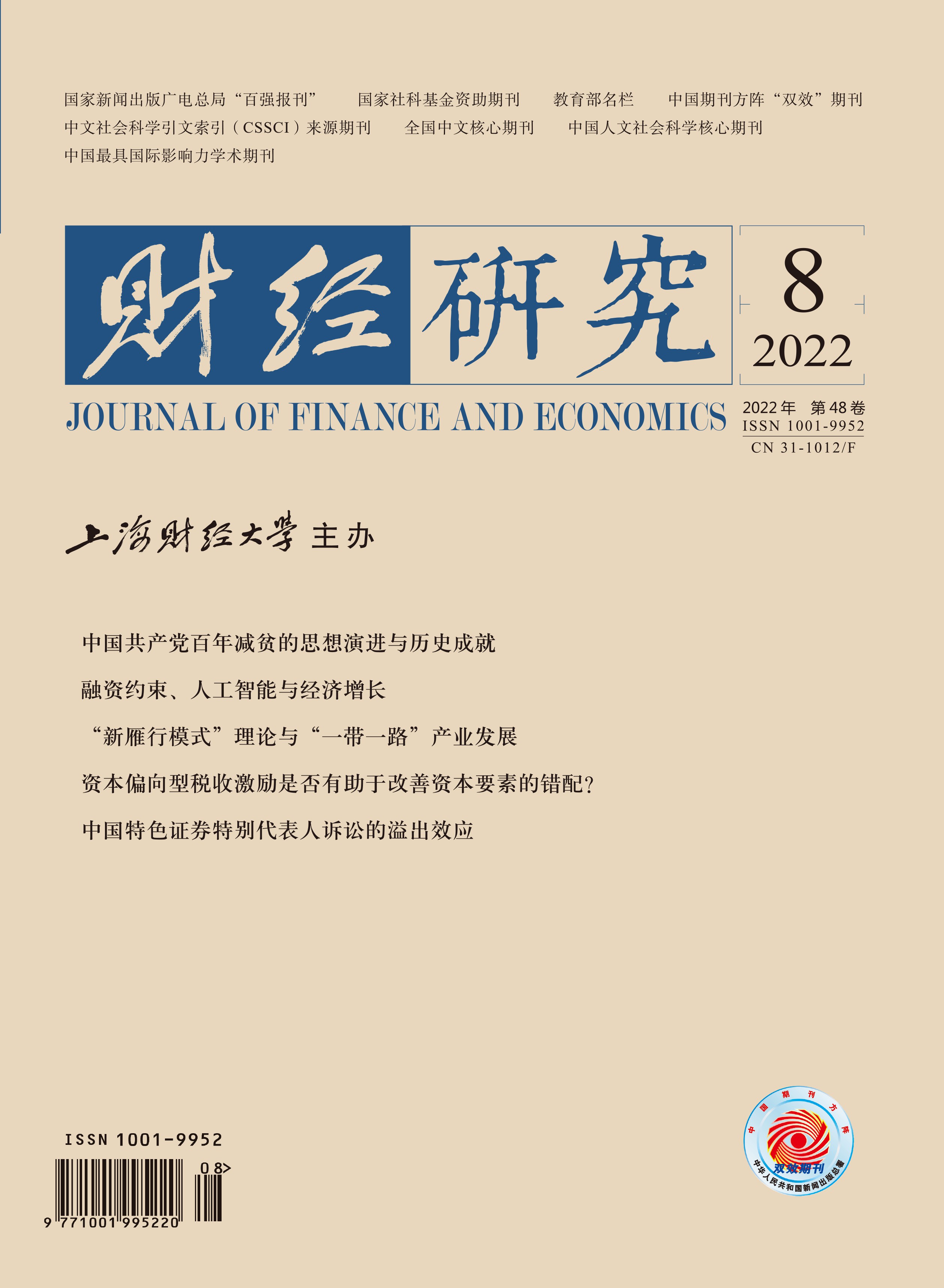The New Securities Law, which came into force on March 1, 2020, explored and established the Special Representative Litigation with Chinese characteristics to effectively protect the interests of investors. In the Special Representative Litigation, the China Securities Investor Services Center, established and controlled by the China Securities Regulatory Commission (CSRC), is authorized to act as a special representative. The Special Representative Litigation is an important institutional innovation to combine public enforcement and private enforcement mechanisms. The effectiveness and economic consequences of such “public-plus-private enforcements” are essential issues that concern both regulators and capital market participants.
This paper studies the spillover effect of the Special Representative Litigation by examining the market reaction to the ruling by the Intermediate People’s Court of Guangzhou against Kangmei Pharmaceutical on November 12, 2021, and the impact of the lawsuit on independent directors’ behaviors. The results show that companies with a higher risk of violating laws and regulations, measured by the number of penalties imposed by the CSRC, the number of inquiries by the stock exchange, or whether financial restatements occurred in the previous year, experience significantly more negative market reactions, while those with better internal controls and investor protections have more positive market reactions. We also find that the number of resignations of independent directors increased significantly within one month after the court’s ruling, especially for non-compulsory resignations. Moreover, companies that were punished or inquired by regulatory authorities during the previous year and those with poor internal controls and investor protections are more likely to experience independent director resignations. Companies that were penalized, inquired, and had worse internal controls in the previous year were more likely to have non-favorable votes by independent directors within the next four months. The results confirm that the court ruling has a significant deterrent effect on independent directors. Overall, the Special Representative Litigation can play a crucial role, and the court ruling of the first Securities Class-action in China has a significant spillover effect on the capital market.
This paper makes the following contributions: First, it provides the first piece of empirical evidence on the effectiveness of the “public-plus-private enforcements” mechanism featured in the Special Representative Litigation. In this regard, this paper adds to the debate over the advantages and limitations of public and private enforcements of securities regulation in the law and finance literature. The Special Representative Litigation case has key differences from the U.S.-style Securities Class-action lawsuits. As such, this paper provides additional evidence on the economic consequences of Securities Class-action lawsuits in an important emerging market, which complements and extends the existing literature that primarily focus on more developed markets. Second, it is based on the evidence of law enforcement under the New Securities Law and thus provides important insights into the institutional construction of the Chinese capital market. Third, it also examines the behavior of independent directors in other companies following the Kangmei case, which sheds further light on the interactions between the Special Representative Litigation and other important corporate governance mechanisms in the Chinese capital market.





 5095
5095  3890
3890

